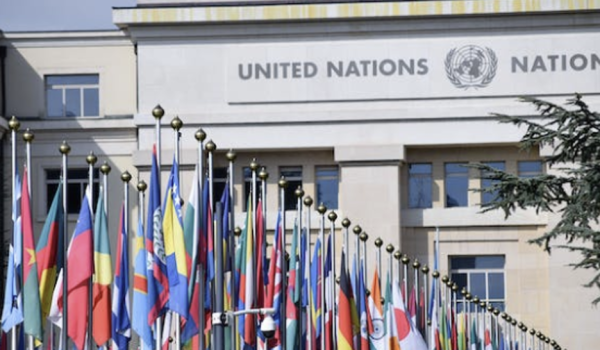How realistic is it to believe that humans could live and prosper on the red planet? Would you accept a one-way ticket to Mars to live there permanently with no coming back? Surprisingly, 200,000 people from more than 140 countries have applied for a chance to be among the future dwellers of Mars and only 100 final candidates have been selected by Mars One, the Dutch organization that plans to send humans to Mars.
Mars One, the group that is planning to send humans on a one-way trip to the red planet, has announced its final 100 candidates who have been selected from 200,000 applicants. As the trip is the first of its kind, the finalists will have to go through further testing later this year, including team-building training and physical exercises. Although the final candidates have been selected from the most resilient, adaptable and resourceful candidates, they still need to be trained physically and psychologically in teams of four, each from a different continent for a period of seven years before the first launch in 2022.
The Dutch non-profit explains that eventually 24 finalists will be selected making up six crews of four that will start a colony on Mars. Although the planet has always been a difficult and ambiguous target for exploration, Mars One said that their plan is to use existing technology to carry out the mission. Scientists say that the journey itself is expected to take around 200 days, and after the first successful landing, the first explorers would likely survive only 68 days. Using existing technology for all aspects of Mars One project means that the explorers will generate energy from solar panels, recycle water and extract it from soil and they will even grow their own food, allowing them to survive during their stay. In addition, they will have an emergency ration as well as regular top-ups, making them ready to welcome new explorers every two years.
The challenges and difficulties that Mars One astronauts will have to face are numerous, which they expect to make this mission the most important and popular event in human history. One of these difficulties is the solar wind from which Mars is not protected, unlike Earth which has a strong magnetic field to protect it and make life possible on its surface. “The Martian surface is therefore extremely hostile to life”, says Dr Veronica Bray, from the University of Arizona’s Lunar and Planetary Laboratory, who remains deeply sceptical of the plan. “There’s no liquid water, the atmospheric pressure is practically a vacuum, radiation levels are much higher and temperatures vary wildly”, she says. However, in order to minimise radiation, Mars One says that the project team will cover the domes, where they will be living, with several metres of soil, which the colonists will have to dig up.
Dr. Stanley G. Love, a NASA astronaut who has recently returned from Antarctica, knows that the Mars One mission will be of great difficulties to the explorers. “The apparatus which recycles human waste and turns yesterday’s coffee into tomorrow’s coffee needs frequent maintenance and would likely not survive years of continuous duty on Mars”, he says. He also ironically described Antarctica as a “picnic” compared to Mars. “It’s full of water, you can go outside and breathe the air. It’s paradise compared to Mars and yet nobody has moved there permanently.” Says Stanley G. Love.
All these reactions and worried statements had no impact on the finalists who are still willing to travel to Mars and never go back to Earth. They have explained that they are all going to die, but agreed that it’s important what they do before they die. Some of these courageous final candidates are 27-year-old Claire Weeden from England, 31-year-old Lin Xiaoxia from China and 36-year-old Van Meter from the United States. All the finalists said that they have the support of their families and friends for the trip, even though it’s one they wouldn’t be returning home from.
Support us!
All your donations will be used to pay the magazine’s journalists and to support the ongoing costs of maintaining the site.
Share this post
Interested in co-operating with us?
We are open to co-operation from writers and businesses alike. You can reach us on our email at [email protected]/[email protected] and we will get back to you as quick as we can.









